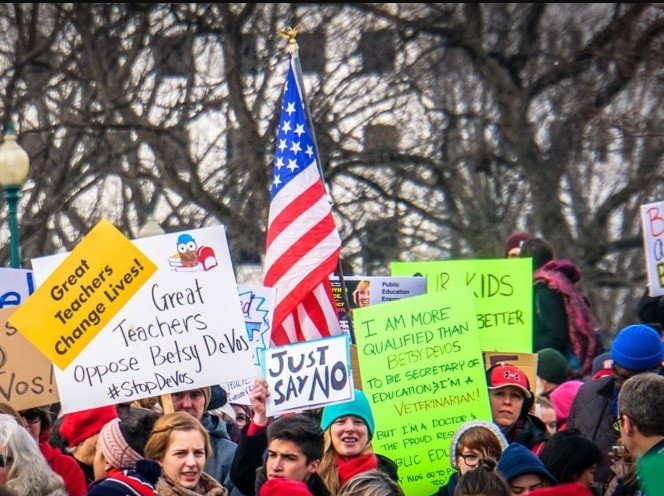Utah Governor Spencer Cox may have expected pushback when he signed HB267 into law, but new polling data suggests the move is deeply unpopular among voters—not just public employees. The bill, which bans collective bargaining for teachers, firefighters, police, and other public sector unions, is facing fierce criticism from a broad cross-section of the state’s residents.
New Poll Shows Broad Disapproval
The latest survey from RABA Research reveals that roughly 80% of Utah voters opposed HB267, with 78% saying they had hoped Cox would veto the legislation. Conducted between February 14-16, the poll surveyed 502 registered voters, carrying a margin of error of plus or minus 4.4 percentage points.
This data suggests that the opposition extends beyond union members and labor advocates. Even among Republican voters—the dominant political force in Utah—there is skepticism about the decision. The poll’s sample included 52% Republicans, 14% Democrats, and 34% independents or unaffiliated voters.
Unions Pushed Back, But Lawmakers Held Firm
The bill’s sponsor, Rep. Jordan Teuscher, R-South Jordan, faced intense resistance throughout the legislative process. Thousands of public employees signed petitions, testified in committee hearings, and staged protests at the Utah State Capitol.

Efforts to reach a compromise faltered. Teuscher and Senate Majority Leader Kirk Cullimore, R-Sandy, attempted to amend the bill to allow some form of collective bargaining. But union representatives rejected the proposal, arguing it didn’t meaningfully protect workers’ rights.
Governor Cox’s office acknowledged the disappointment. “The governor was disappointed that the negotiation process did not deliver the compromise bill that at one point was on the table,” said Cox spokesperson Robert Carroll. “He will keep working to find ways to make sure our teachers and first responders feel heard and supported.”
Cox’s Approval Ratings Hold Steady, But Concerns Loom
Despite the backlash over HB267, Cox’s approval ratings remain relatively stable. The RABA poll shows his approval rating at 50%, with 33% of respondents viewing him unfavorably.
Other polls have painted a slightly rosier picture. In 2023, a Deseret News survey found his approval at 63%. More recently, after Cox endorsed Donald Trump in 2024, another poll found that 59% of Utah voters supported him. Data from Morning Consult, provided by Cox’s office, currently places his favorability at 60%.
Still, the controversy surrounding HB267 could erode Cox’s support among key voter blocs. Public employees, their families, and union sympathizers represent a sizable voting population. If discontent continues, it may factor into the governor’s political future.
What’s Next for Utah’s Public Sector Unions?
With HB267 now law, the landscape for public unions in Utah has changed dramatically. Collective bargaining—a fundamental tool for negotiating wages, benefits, and working conditions—is off the table for many public employees.
Union leaders have vowed to challenge the law in court, arguing that it undermines workers’ rights and could set a dangerous precedent for labor relations nationwide. They are also looking to future elections, hoping to rally opposition against lawmakers who supported the bill.
Meanwhile, public employees will have to navigate a new reality. Without collective bargaining, salary negotiations and workplace protections may become more challenging, raising concerns about workforce retention and morale.
One thing is certain: this debate is far from over. As legal battles and political consequences unfold, HB267’s impact on Utah’s workforce—and beyond—will be closely watched.

Comments